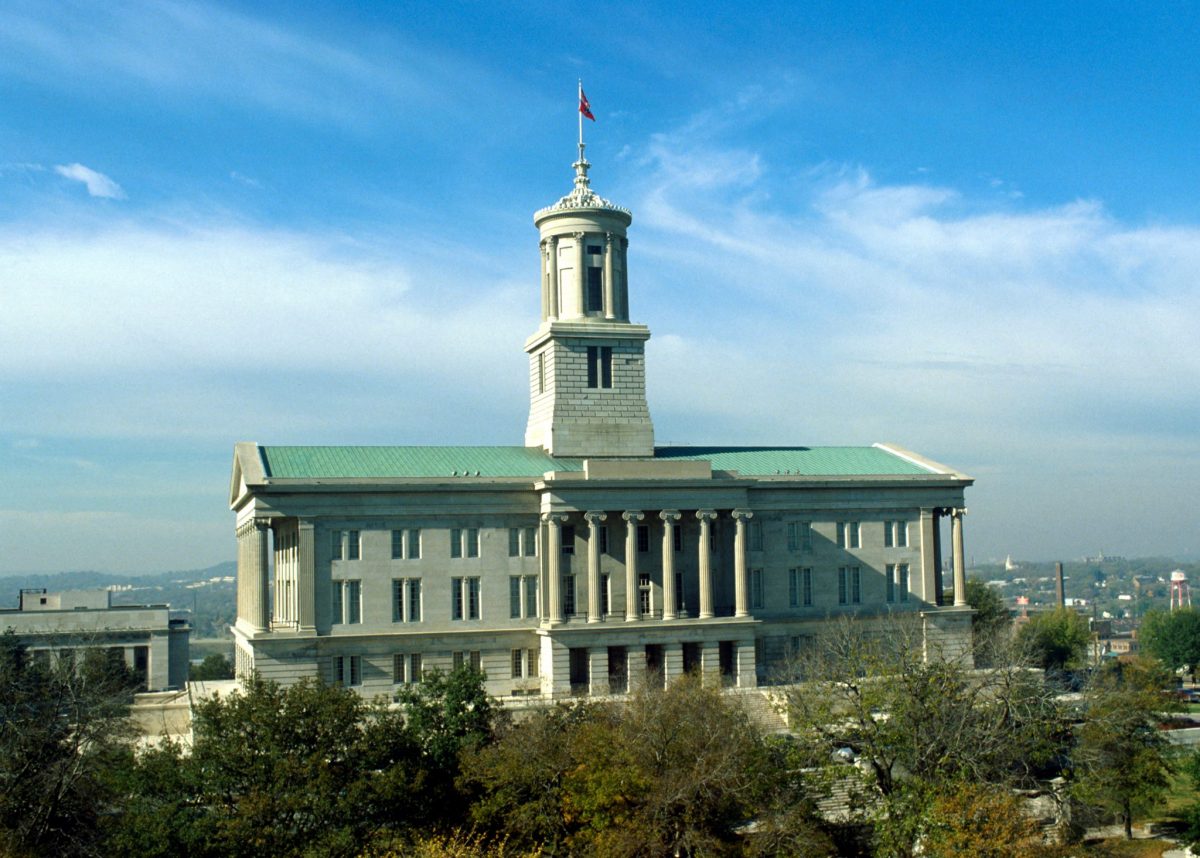A bill that some say threatens LGBTQ marriage rights passed a Tennessee House committee Tuesday.
The bill says that a person would not be required to solemnize (or officiate or conduct) a marriage if that person has a conscientious or religious objection to it. The bill is backed by Republican Rep. Monty Fritts (R-Kingston) and Sen. Mark Pody (R-Lebanon).
Tennessee law does not now require anyone to conduct any marriage they don’t want to. But Fritts, the House bill sponsor, told the Children and Family Affairs Subcommittee Tuesday that a “big reason” he brought the bill was to help block elder abuse.
“When you look at some of the research that we have found on this, that … young folks are trying to marry older folks to get to their financial accounts,” Fritts said. “I think there are other things that we need to do.”
Rep. Jason Power (D-Nashville) disagreed, saying the bill does not get to any problem concerning elder abuse. He called it a “solution looking for a problem” and “government overreach.”
“I think it’s actually just the opposite of overreach,” Fritts returned. “I think it’s a protection of the rights that we have to the rights of conscience that our Constitution guarantees.”
While lawmakers wrangled over some of the bill’s details, one Tennessean said the bill has broader effects. Michael Rady, who described himself as a Nashville resident and voter, asked the committee if they wanted a headline to read, “Tennessee lawmakers make marriage white-only and straights-only in 2023.”
Rady explained the bill would apply not only to religious leaders but to county clerks who certify marriage licenses. He said it would be a “jumbo-sized green light for any county clerk to deny a marriage license to a couple based on their race, gender, or religion.”
He said he and his partner are planning a Tennessee wedding this fall. The couple is gay and Rady said he is Jewish, while his partner is not. While their save-the-date cards have already been mailed, he said the bill would jeopardize his marriage and those of all LGBTQ couples here.
”No spiritual leader is compelled under any law to officiate a wedding they disagree with,” Rady said. “As someone planning a gay, interfaith wedding here in Tennessee, I’m here to tell you that I can’t imagine anyone like me wanting to have their wedding officiated by someone who is against it.”
The conservative Tennessee Stands group is asking its followers to support the bill by asking their state members to vote for it.
“Our religious beliefs are sacred, and the exercise of those beliefs is a right that has been given to us by God and is protected by our Constitution,” reads a form letter Tennessee Stands has provided for its followers. “Therefore, all those who perform marriage ceremonies in the state of Tennessee should not be forced by law to perform a ceremony that falls outside of their religious beliefs. They should have the ability to object to participating, without fear of reprisal.”
The bill passed on a voice vote in the House panel Tuesday.
However, Rady reminded committee members that some conservative members of the U.S. Supreme Court, including Chief Justice John Roberts, voted to preserve LGBTQ marriage rights in the landmark Bostock v. Clayton County case. So, should the bill become law, it would likely face and uphill and costly legal fight, he said.
A 2019 state law banned weddings by those ordained online. Breaking the law came with felony charges that could result in up to six years in prison and a $3,000 fine. However, the Universal Life Church, an online ordination website, sued the state over the bill. Online-ordained officiants have been able to continue to conduct weddings in Tennessee as the suit continues through the legal process.
